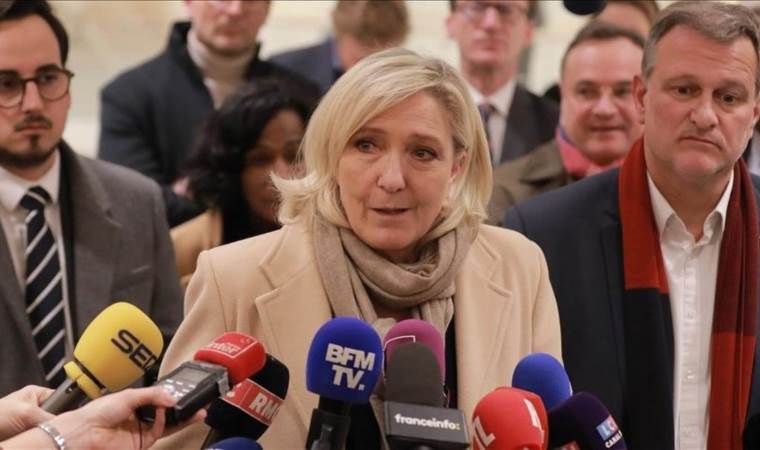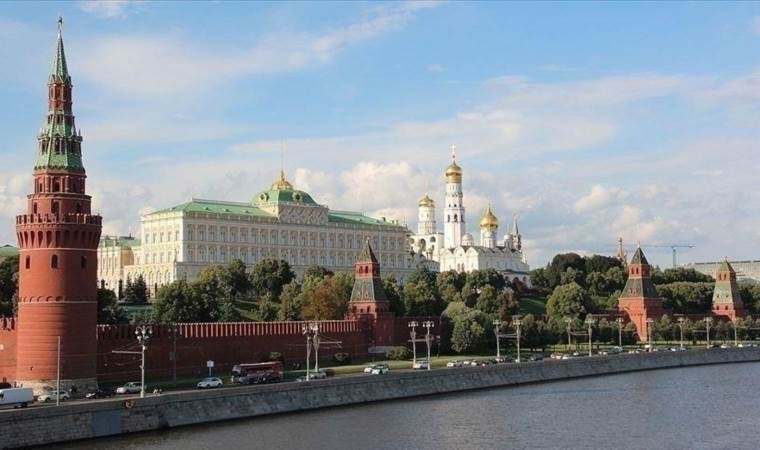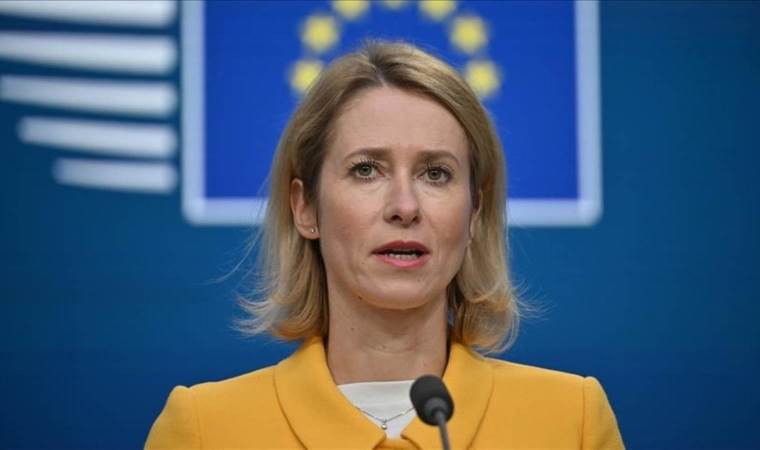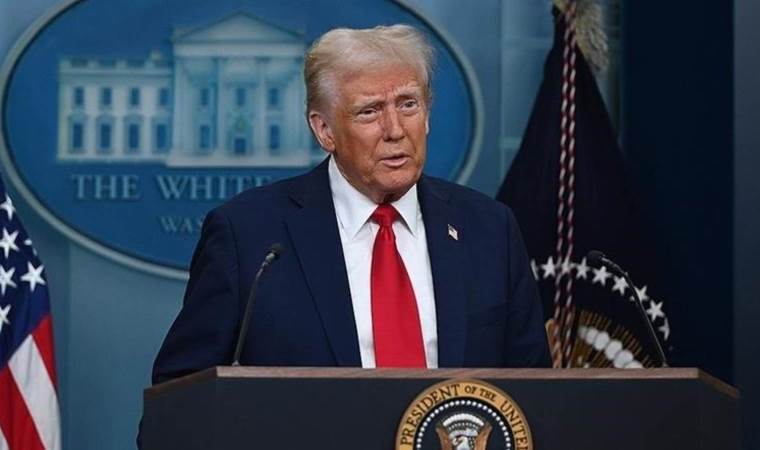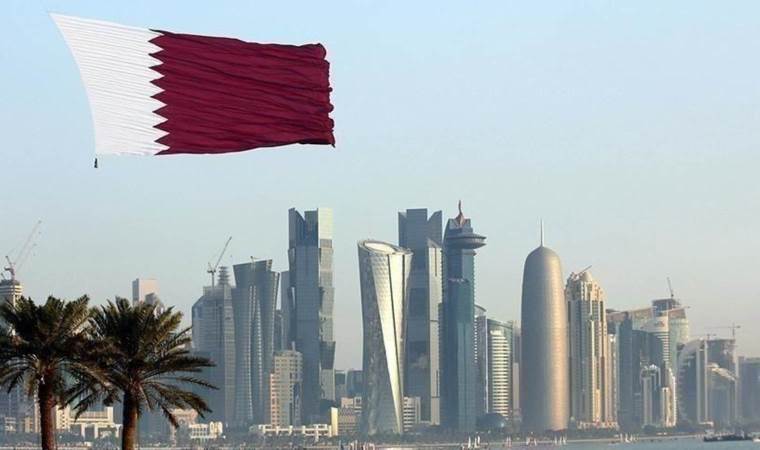Authors Columns of the Day Sport Guest Life All Authors
Are Fascist Ideologies Making a Comeback?
Historically, Mussolini's fascist ideology in Italy served as a model for various fascist movements and parties across Europe. After World War I, both Hitler and Mussolini rejected the Treaty of Versailles signed with the Allied Powers in 1919, adopting extreme nationalist rhetoric instead.
Fascist movements primarily aim to exalt the entire nation, not just individuals or specific groups, and often include a belief in racial superiority, as seen in German Nazism. They advocate for a militaristic dictatorship, viewing socialism, democracy, the rule of law, press freedom, civil liberties, unions, NGOs, and opposition parties as obstacles to their system. To understand why fascist ideologies are rising in Europe, we need to analyze the crisis-generating nature of capitalism.
GLOBALIZATION AND NEOLIBERALISM
In 1971, the gold-linked international "Bretton Woods" monetary system, established post-World War II, collapsed. The U.S. had been financing its growing current account deficit by circulating large amounts of dollars at low interest rates. This exploitative advantage, granted by the U.S. dollar's status as the international reserve currency, continues today. The dissolution of the Soviet Union in 1991, marking the end of the Cold War, was seen as a victory for capitalism. Globalization, driven by neoliberalism, removed barriers to the free movement of goods and capital, liberalized markets, deregulated industries, minimized public spending, and reduced state intervention.
GLOBAL CRISES
During the financialization of capitalism, accounting fraud, executive manipulation, and the shortcomings of credit rating agencies and major independent audit firms emerged in the pursuit of profit maximization. Without adequate regulation and oversight, bubbles formed in asset and derivative markets, culminating in the 2008 financial crisis in the U.S., which had worldwide repercussions. Loans defaulted, liquidity contracted, a recession ensued, and banks and companies went bankrupt. The crisis was mitigated by massive bailout packages and a surge of cheap credit. The global contraction caused by the 2019 COVID-19 pandemic led to another wave of monetary injections and low-interest borrowing channels. Today, global debt has reached $335 trillion. Except for Turkey, the world has now entered a phase of combating inflation.
THE SITUATION IN EUROPE
The global economy is stagnating. The Eurozone grew by 0.5% in 2023, with a 2024 growth forecast of 0.9%. The Russia-Ukraine war has cut off Europe's access to cheap and readily available natural gas, forcing increased defense budgets. Fierce competition is emerging in artificial intelligence, other digital technologies, and international trade. Europe is poised to follow the U.S. in imposing tariffs on Chinese goods. Anti-immigrant sentiment, discrimination, and protectionism are on the rise. The liberalization advocated by liberalism is faltering in many areas, while the burdens of globalization and climate change are increasing. These factors have made European masses, who have lost out in global economic crises and in wealth and income distribution, more susceptible to the populist policies of the far-right.
In the 6th century BCE, Anaximander said, "Things that exist must decay into that out of which they arise, because they suffer punishment and give satisfaction to one another for their injustice according to the order of time." Capitalism's crises create conditions conducive to both fascist and more communal left ideologies. Developing countries like ours face additional existential challenges in areas such as savings, technology, production, competition, science, education, art, law, and democracy.
Yazarın Son Yazıları All Columns
Günün Köşe Yazıları
Most Read News
-
 British premier says 24,000 migrants removed from UK sin
British premier says 24,000 migrants removed from UK sin
-
 French presidential hopeful Le Pen barred from seeking o
French presidential hopeful Le Pen barred from seeking o
-
 Russia says it began talks with US on rare earth metals
Russia says it began talks with US on rare earth metals
-
 Spain to push for use of frozen Russian assets to fund U
Spain to push for use of frozen Russian assets to fund U
-
 Vehicle of missing US soldiers recovered from swamp in L
Vehicle of missing US soldiers recovered from swamp in L
-
 EU foreign policy chief calls on US to put more pressure
EU foreign policy chief calls on US to put more pressure
-
 Italy’s demographic crisis deepens, new data show
Italy’s demographic crisis deepens, new data show
-
 Trump calls repeated coverage of Signal leak story ‘old
Trump calls repeated coverage of Signal leak story ‘old
-
 Qatar faces international scrutiny over human rights vio
Qatar faces international scrutiny over human rights vio
-
 Khamenei warns of ‘firm retaliation’ to any ‘external ag
Khamenei warns of ‘firm retaliation’ to any ‘external ag


